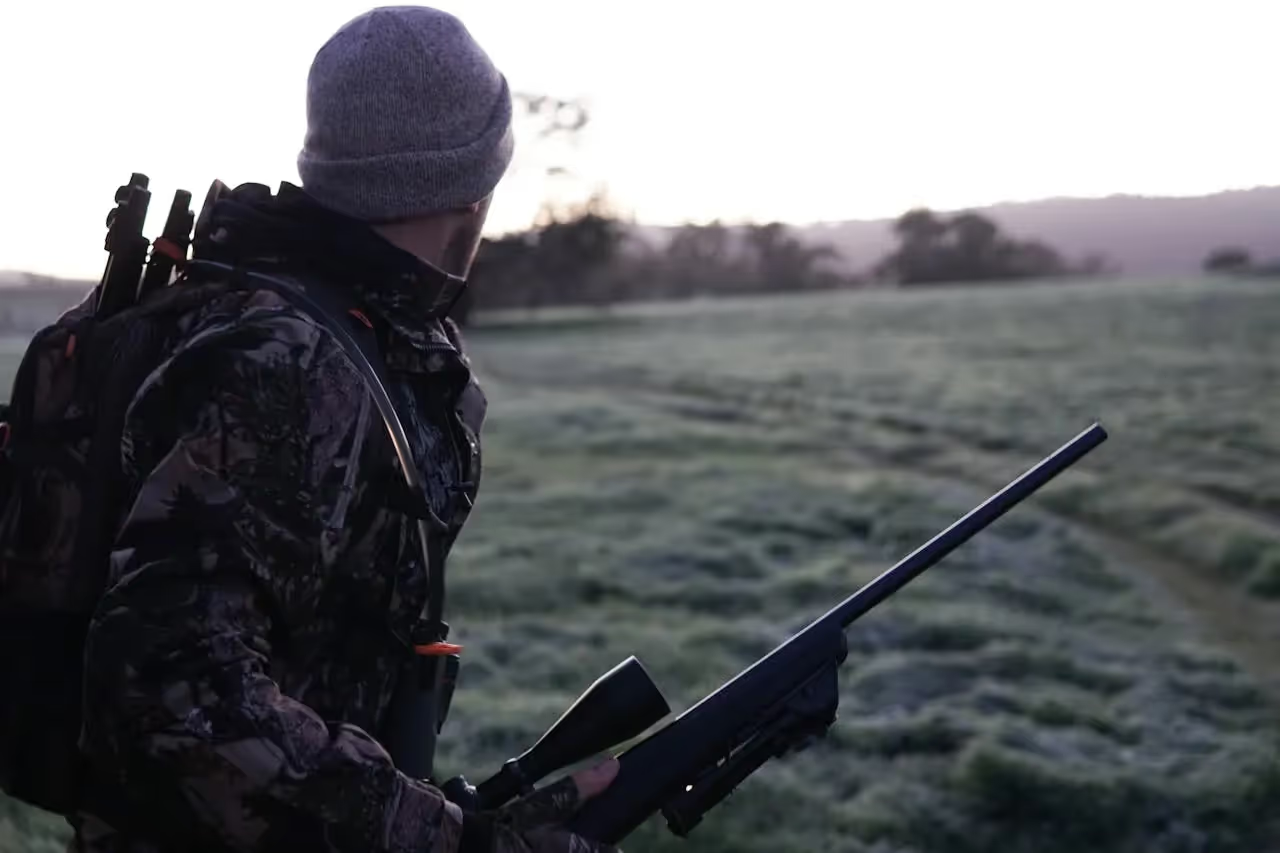Explore Waterfowl Hunting Opportunities in Georgia
Are you an outdoor enthusiast interested in duck hunting in Georgia? Understanding the regulations, dates, and zones for duck season is essential. Georgia offers a variety of wetland habitats and flyway access, making it a prime destination for waterfowl hunting. Whether you’re new to duck hunting or experienced, this guide will help you plan for the season.
Overview of Georgia Duck Hunting Season
Each year, the Georgia Department of Natural Resources (DNR) sets duck hunting dates based on migration patterns and federal guidelines. The season usually spans from early fall through winter and includes multiple split periods to match the movement of ducks across the Atlantic Flyway.
Here are the 2024-2025 projected duck hunting season dates for Georgia:
- Early Teal Season: Mid-September (typically third Saturday to the last Sunday)
- Main Duck Season Split 1: Late November (typically around Thanksgiving week)
- Main Duck Season Split 2: Early December through late January
All hunters must follow the exact dates published by the Georgia DNR each year. Always verify official regulations before hunting.
Duck Hunting Zones in Georgia
Georgia does not divide into specific duck hunting zones like other states. However, understanding regional wetlands and public hunting land can make a big difference.
Highly recommended duck hunting areas in Georgia include:
- Altamaha Wildlife Management Area (WMA): Near Brunswick, this WMA contains expansive fresh and saltwater marshes.
- Lake Seminole: Located in southwest Georgia, known for its wood duck and ring-necked duck populations.
- Okefenokee Swamp: Offers unique habitat with great opportunity for mallard and gadwall hunting.
- Ocmulgee WMA: Central Georgia site offering quality duck blinds and water access.
Selecting a good wildlife management area can improve your success rate significantly. Public land offers affordable and accessible hunting opportunities.
Legal Requirements and Licensing
To legally hunt ducks in Georgia, you must have the proper licenses and comply with federal and state laws. Here's what you need before heading into the field:
- Georgia Hunting License
- Georgia Waterfowl License
- Federal Duck Stamp (Required for hunters aged 16 and above)
- Harvest Information Program (HIP) registration
All licenses and permits can be purchased through the Georgia DNR online system or at authorized vendors. Exceptions and licensing discounts may be available for youth, seniors, or military veterans.
Best Times to Hunt Ducks in Georgia
Ducks migrate according to seasonal changes. For Georgia, the most productive time to hunt is during cold fronts from northern states. The second split of the main season, usually December and January, often sees the highest numbers of birds.
Top species commonly found in Georgia include:
- Mallards
- Wood Ducks
- Ring-Necked Ducks
- Gadwalls
- Green-Winged and Blue-Winged Teal
Use decoys, calls, and blinds effectively to improve your chances. Ducks are wary and have sharp eyesight—stealth and timing are key.
Bag Limits and Hunting Restrictions
Bag limits are crucial for conservation and long-term population health. Georgia follows federal guidelines on daily and possession limits for migratory birds.
For the 2024-2025 duck season, expected daily bag limits may include:
- Total ducks per day: 6
- Including no more than:
- 4 Mallards (2 hens)
- 3 Wood Ducks
- 2 Scaup
- 2 Redheads
- 1 Pintail
- 1 Black Duck
- 2 Canvasbacks
Note: These limits can change annually. Always check the Georgia DNR or U.S. Fish & Wildlife Service updates before hunting.
What Gear Should I Bring for Georgia Duck Hunting?
Packing the right gear prepares you for success in wetlands or flooded timber. Here’s a basic list:
- Waterproof boots or waders
- Camouflage clothing suited for wetlands
- 12-gauge shotgun with legal non-toxic shot
- Duck calls and decoys
- Blind or ground cover materials
- GPS or state-approved maps for WMAs
Georgia has diverse terrain, so gear needs might vary by hunting location. Always prepare for rain, mud, and cooler temperatures in the winter months.
Frequently Asked Questions About Duck Hunting in Georgia
When does duck hunting season start in Georgia?
Duck season in Georgia typically begins with an early teal season in mid-September, followed by the main splits beginning in late November and early December. The full schedule is released by the Georgia DNR annually.
Is a federal duck stamp required in Georgia?
Yes. Any hunter age 16 or older must carry a valid Federal Duck Stamp while hunting migratory waterfowl in Georgia.
Where are the best places to duck hunt in Georgia?
Popular public hunting areas include Altamaha WMA, Lake Seminole, and Ocmulgee WMA. These locations attract abundant waterfowl and allow public access with proper licensing.
What are the legal shooting hours for duck hunting in Georgia?
Shooting hours usually begin 30 minutes before sunrise and end at sunset. Always confirm with current season regulations.
Can youth hunters participate in duck season?
Yes, Georgia holds Youth Waterfowl Days before or after the regular season. It is a great opportunity for students and young hunters to learn and engage in outdoor traditions under supervision.
Why Learn About Duck Hunting Rules and Timing?
Knowing the correct dates and zones supports ethical hunting and wildlife conservation. It also ensures you stay within the law while enjoying one of America’s classic outdoor sports. The guidance provided here is especially valuable for students and individuals looking to explore new skills or outdoor leadership roles through environmental education.
Hunting is more than a seasonal activity—it can become a pathway to environmental science, conservation careers, and a deeper connection with wildlife. For prospective students and lifelong learners, understanding Georgia's duck hunting structure is a chance to grow personally and professionally.
Final Thoughts
Duck hunting in Georgia offers a rewarding way to connect with nature, build outdoor skills, and spend time with friends or mentors. Stay updated with the Georgia DNR for the most accurate dates, regulations, and access points. Start planning early and make the most of Georgia’s rich waterfowl resources this season.











.svg)



